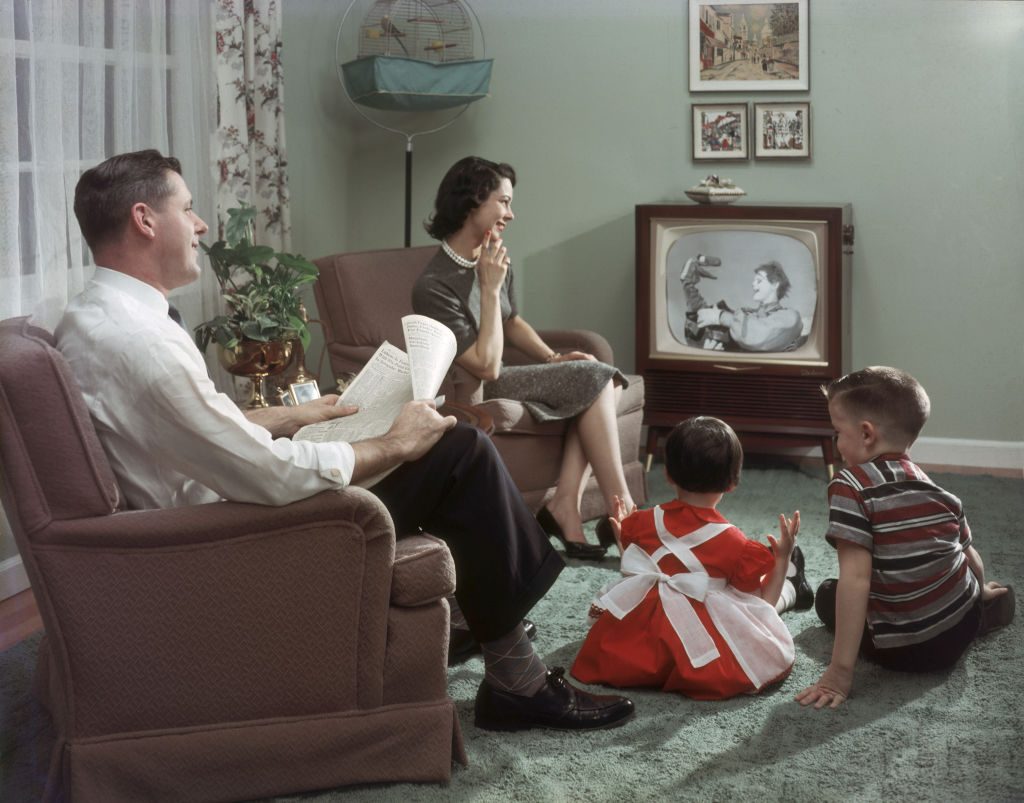THE RE-MASSIFICATION OF AMERICA?

Elon Musk has just bought Twitter and is taking it private. The loud howls of anguish from the corporate Twitties and devoted users alike, sound like mean little cliquey kids who just lost control over who gets to play in the sandbox. My God!! Bad people thinking bad thoughts and saying bad things allowed to express themselves! Freedom for people I disagree with! Billionaires buying media companies! (Bezos, Omidyar, Zuckster don’t count.) I’m triggered! There goes our own private Oberlin!
Musk says his goal is to open up the Twitterverse to diversity of opinion and thought. That’s a noble ideal indeed. But I’m wondering if Mr. Musk has a second, more serious agenda behind this move. What if Mr. Musk’s true hidden goal is this: he wants to make lots of money from a product that will appeal to lots more people!!!
I know! A radical thought! Make your appeal greater, rather than more constricted. Broaden your customer base, rather than making it more exclusive. Let people in, rather than shutting people out. Make your service for everyone, not just a tight clique of cool kids. Make it for the masses; we can call it: “mass communication.”
“Mass-something.” How long since you heard that phrase. Remember ‘Mass Media?’ Way back in the 20th Century, when nearly everyone watched Walter Cronkite—that old fraud. When everyone fainted for Sinatra, twisted to Elvis, screamed for the Beatles, and moonwalked to Michael Jackson? When everyone saw MASH and The Godfather? Watched MTV, danced to Thriller? Remember Mass Culture fads: big hair, long hair, short hair. Bell bottoms, Doc Martins? Mass Markets, Mass Consumption. Mass Hysteria. The more people that liked something, the bigger a hit it was.
But slowly it all began to change. Advertisers and marketers began to minutely analyze their sales. It turned out that it didn’t matter so much how many people liked your product, but how many of the right people. A selected demographic got targeted. If the analysists found that most of your sales came from the 25-to-45 year olds living in big cities, why waste your money pitching to anyone else?
You noticed it first on TV shows. Programming began to veer away from stuff that appealed to the largest number of people, to more narrowly focused audiences. A decline in viewers wasn’t necessarily a bad thing. Johnny Carson had everybody. Jay Leno and Dave Letterman split Johnny’s audience 60-40, and both made money. Then Conan O’Brien and Jimmy Fallon (who?) Smaller and more selective audiences. Cable fragmented the viewing universe even more: you can deliver to left-handed Irish Catholic dentists in Dubuque. So, you got John Stewart who smugly gave the finger to anyone who wasn’t young, urban, and politically left.
Mass was dead, niche ruled. Newspapers progressively zeroed in on fewer and fewer market demos. Hollywood went left, Disney narrow-focused on girls. The same dynamic happened on-line. When Facebook and Twitter were growing, they wanted everyone. As they became dominant, they began to censor points of view that didn’t match their self-defined customer base, to please their activist users. Bans and deplatforming fed a cycle of a smaller niche audiences demanding more stringent fidelity. Online platforms became the equivalent of a merry-go-round ruled by a mean middle-school clique reveling in their power to decide who gets to play.
And now Elon Musk’s bought Twitter. He might decide to do anything. Heck, its his. Whatever happens, it’s been fun watching the Junior High drama queens of mean, bawling their eyes out over loss of their private glee club. But now what? Maybe Mr. Musk wants to go against the grain—instead of chasing a more and more exclusive niche customer base, might he try—expanding it?
What about making Twitter a Mass Medium? To do that, you’d have to make Twitter attractive to most everybody. That would mean abandoning its role as a rarified cry room for an elite clique of cool kids. It might mean nobody is allowed to put down anyone. Or it might mean everyone is allowed to insult everyone. And everyone can answer back. We used to have this—it was called ‘real life.’ Anyone could say what he or she damn well pleased. You were expected to grow a thick skin and deal with it. If you thought someone went too far, you could sue for defamation.
Imagine a public forum where everyone gets to express an opinion—even folks you know are wrong. And you can’t complain to Teacher, or the Dean of Students, or HR, or the Moderator or the Diversity Office. Nobody cares if you’re offended! You want to boycott, go ahead—nobody will miss you. Or you can argue back and see who convinces more people. What an amazing and revolutionary place that would be. It would set the tone, it would be the place where trends start, where buzz begins, where stuff everyone talks about is found.
And if this revolutionary concept of a free and open place where everyone can come—even people I disagree with—takes off, you could see other businesses embracing the model of a product for everybody—not just a tight , divided off and circumscribed niche clique. We might see the re-massification of America. We might actually find some stuff we all have in common again.
It’s about time. Good bye niche, hello mass. Welcome back, America. Thank you, Mr. Musk! Now let’s go race electric cars on Mars.
